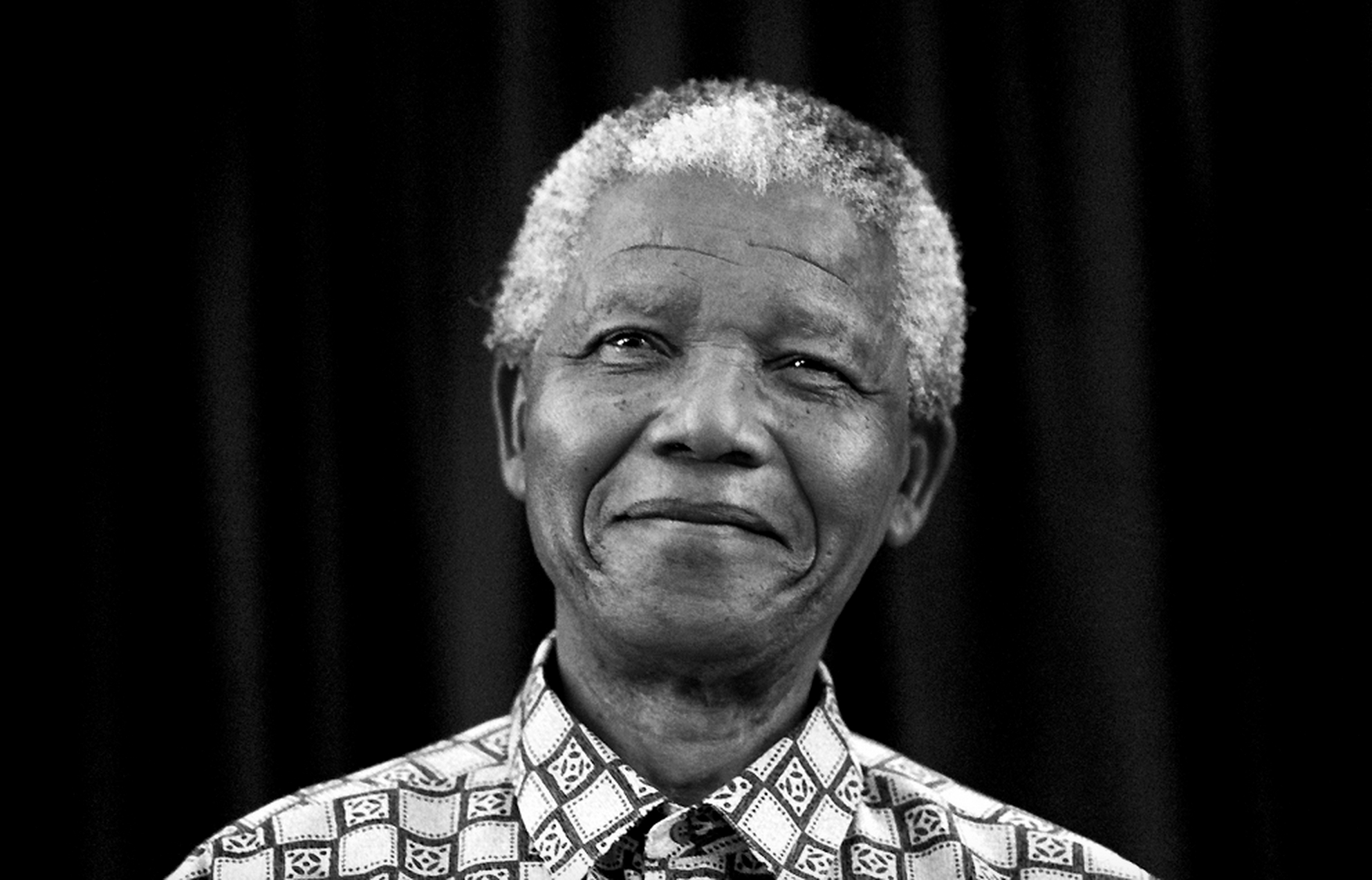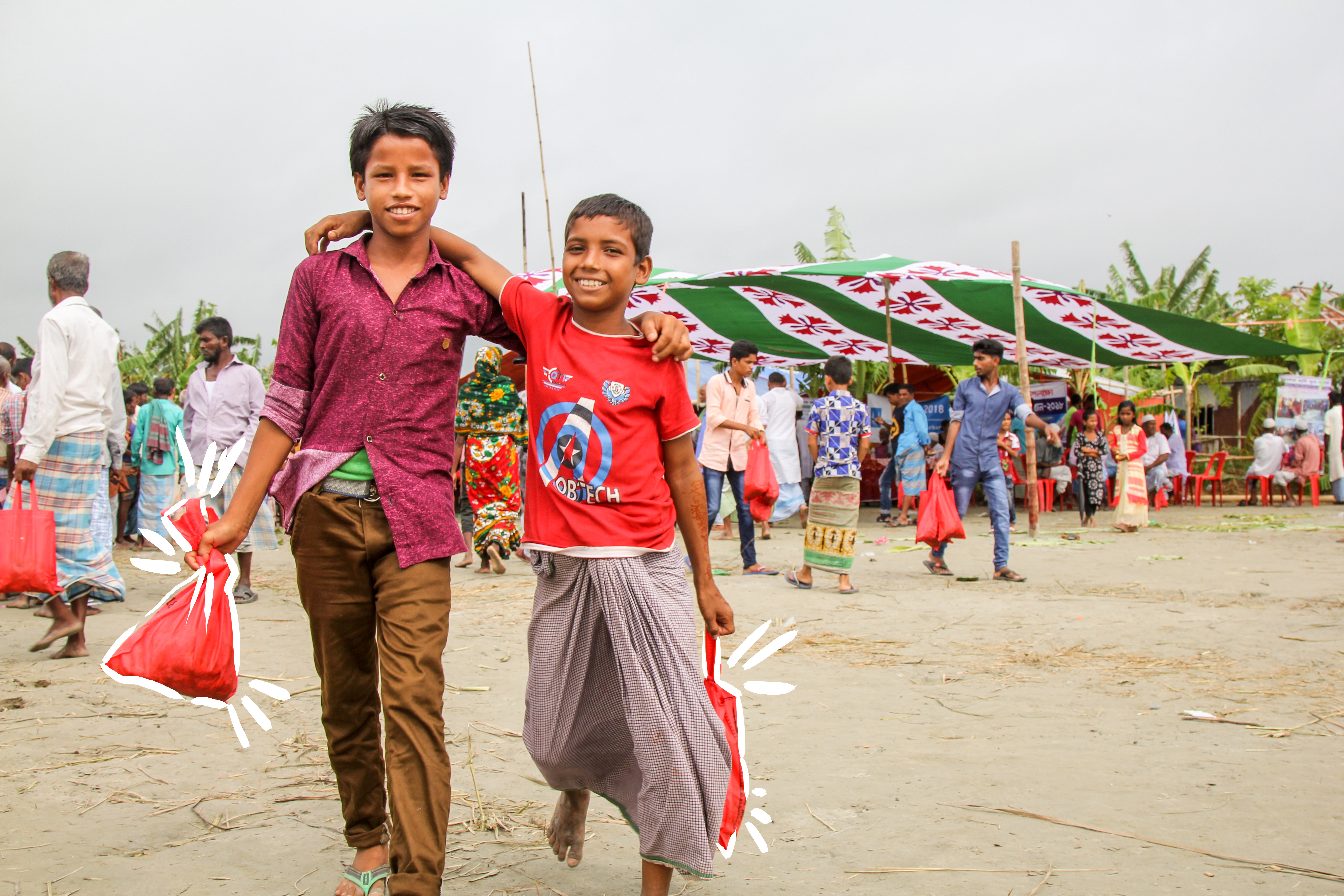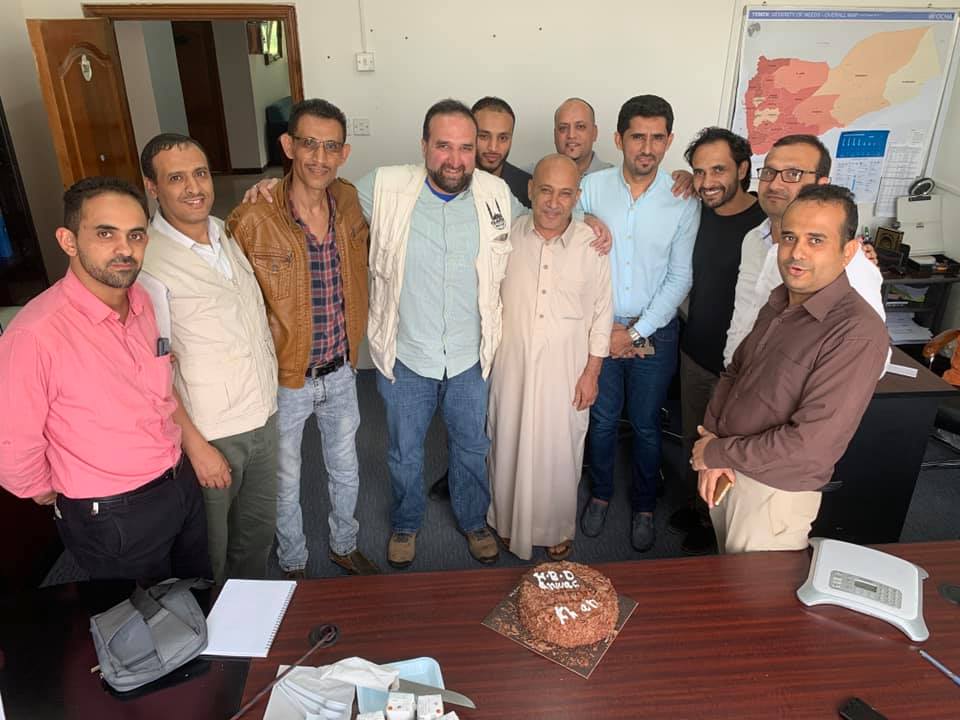This is Europe: The Hidden Reality
by Zana Sahyouni
Europe is often thought of as a continent of wealth and prosperity, but the reality is that poverty is a significant problem in many European countries. One in five Europeans experience at least one form of poverty, and research shows Albania, Bosnia, Kosovo, and North Macedonia – four of the five European countries Islamic Relief works in – are among the poorest nations. One in four say they are in a precarious situation, and that one unexpected expense could push them into poverty. Winter’s plummeting temperatures only exacerbate the situation, making the struggle for survival more difficult.
The Perception of Poverty
Poverty is often viewed as a “Black and Brown problem,” and while there certainly is a link between race and poverty, 113 million people face poverty and social exclusion in the European Union. This misconception is no accident: Orientalism, the inaccurate representation of the East created by the West, deploys a Eurocentric prejudice against the Eastern world and its cultures. These inaccurate representations are created in order to push a certain agenda, and they are not harmless – neither to the East or to the West. Across most forms of media, European nations are portrayed as wealthy, progressive, and modern, so much that images of poverty cannot be associated with the reality. This harms Europeans who are often overlooked by donors.
Islamic Relief’s Legacy in Europe
IR has been in Bosnia and Herzegovina since 1993, establishing a long running presence for the people there. Bosnia and Herzegovina was the first country IRUSA, as a new organization, raised funds for; in response to the Srebrenica massacre, we provided vital emergency assistance including food aid, clean water, and clothing to survivors.
In Kosovo, IR ran a program that established clean water, sanitation, and hygiene (WASH) facilities for vulnerable communities and opened 36 water wells from 2019-2021. Families now have access to clean water within the vicinity of their homes. Prior to the intervention, Albanians had to walk long distances to obtain water, or were collecting water from unsafe sources such as rivers and run-off water.
In addition to promotion of WASH facilities, IR designed a leaflet providing basic information on coronavirus disease (COVID-19) — how it spreads, symptoms, and how to avoid catching or spreading the virus. This was done through an awareness campaign in which staff went door-to-door, whilst water wells were being opened and bathrooms constructed. Leaflets were also disseminated to beneficiaries and schools for further information on hygiene and sanitation.
This project closely involved and engaged the community through involving orphans over the age of 18 within the IR orphan program. They assisted in the construction and building of the sanitation infrastructure, installation of electricity, and were trained on maintenance of the sanitation facilities and importance of hygiene. Orphans received a small payment as part of their contribution of labor to the project. “I would like to thank you for the regular help I have received from you,” Amina, an IR-sponsored orphan who participated in the program, shares, “When I grow up, I would like to be like you. To help children and those who are in need of help.”
Through building the capacity of the community, this will increase the long-term sustainability of the project and also enable orphans to use the skills that they have gained for future opportunities.
In Bosnia, IR disbursed more than 20,000 interest-free loans to the most vulnerable, including war widows and war victims. After her husband, father, and brothers were killed and she was left to raise three children with no financial support, Meva took out loans through IR’s program: “I took out loans from IR Microfinance to put my children through school, to start a new life in Sarajevo.”
Meva was able to pay it forward — she had enough money to build a public drinking fountain: “Everyone goes this way, it is the main road. So everyone can come here to have some water,” shares Meva about the public fountain. “I did it for the people and for myself, as a good deed.”
Through the Agricultural StartUps for Poor People program in Bosnia, 70 greenhouses and 30 food dryers were established. IR also provided Bosnians with the technical knowledge, as well as how to establish their own businesses, make a brand, implement their products on the market, and how to develop their businesses.
“I received [help] from IR last year, they donated to us a greenhouse and now as you can see, the seedlings and seedling material,” Salma shares. “Thanks to all the donors who donated to IR to help us, and to empower the people of Bosnia and Herzegovina to stay in their homeland to work, not to go in search of a better life because we, in Bosnia and Herzegovina, have beautiful land, a lot of fertile soil to cultivate, but some of us don’t have the financial means to start growing vegetables.”
Islamic Relief work in Europe today: Three-Year Winterization Intervention 2022 to 2025
Over the next three years, Islamic Relief will be working to provide winter relief to vulnerable communities facing harsh winter conditions across the world, including Europe. Our hope is to help improve the experience of the winter season, reduce nutritional deficiency, and reduce cold-related illnesses through in-kind donations, vouchers, and cash assistance. In-kind donations include food boxes consisting of staples in the respective country’s diet; mattresses, blankets; and home improvements such as central heating, door and window treatments, and firewood. Vouchers can be exchanged at clothing stores, grocery stores, or suppliers of winter items such as fuel and stoves. And cash assistance can be provided directly to households or payments can be made to utility companies.
In Europe, our focus is on Albania, Bosnia, Kosovo, and North Macedonia. In Albania, we’re working to support 40,000 people with increased access to clean water and sanitation as well as improved income generation to help build sustainable livelihoods. In Bosnia, we’re working to help break the cycle of poverty for nearly 9,000 people across communities in need. In Kosovo, we’re working to improve the agricultural and healthcare sectors, benefitting over 26,000 people. And in North Macedonia, we’re working to provide 15,000 people with access to clean water and sanitation, health services, and sustainable livelihood opportunities.
Our legacy of service has been able to grow through the support of dedicated IRUSA donors – we were there during the worst of the war 30 years ago, and we are there now. To find out more, please visit irusa.org/europe.



